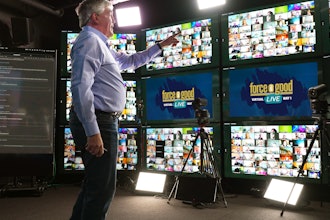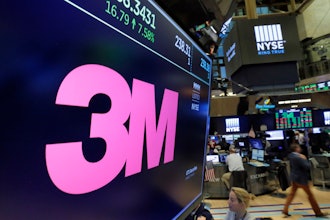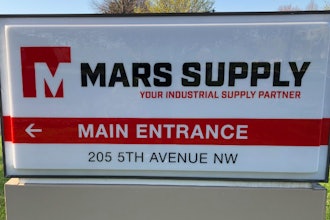A new year ushers in a wave of enthusiasm; we all get to start anew. This is why we set goals. SMART goals keep us focused on meaningful activities that help us achieve our greatest priorities.
Specific: Though the “S” stands for specific, it invokes the KISS principle: keep it simple and significant. Make your goals clear and unambiguous. Simplicity liberates while complexity enslaves. Simplicity sharpens your focus. It allows you to concentrate your energy with laser-like focus on things that matter. Significant means the goal is important, a high priority, something that matters.
- Specific communicates expectations straightforwardly.
- Specific answers ‘what’ and ‘how’ questions — what you want to achieve and how you will do it.
- Specific quantifies and qualifies your aspirations — who, where, how many, and how much.
Measurable: Though the “M” stands for measurable, it signifies motivation and milestone. It is motivational in that you can bear witness to changes and achievements in your efforts. It is a milestone in that it benchmarks your progress along your journey.
- Measurable makes things manageable. You cannot manage or improve what you cannot measure.
- Measurable assesses progress, not just effort. This is tangible evidence of the efficacy of your actions.
- Measurable introduces objectivity into the world of subjective and selective perception.
- Measurable inspires course correction or staying the course. It is a continuation of the focusing that comes with specific.
ENTRIES OPEN:
Establish your company as a technology leader. For 50 years, the R&D 100 Awards, widely recognized as the “Oscars of Invention,” have showcased products of technological significance. Learn more.
Achievable: Though the “A” stands for achievable, it could mean aspirational or aggressive. A goal is an aspiration — what someone wants to accomplish, not just what they must do. The former demands commitment while the latter requires mere compliance. An aggressive goal inspires people to reach beyond their immediate grasp.
- Achievable means challenging, but not overwhelming. It encourages people to stretch, not snap. It must be tough enough to challenge, but not so tough that it de-motivates. Ambitious goals, those within one’s realm of possibility, tap into potential.
- Achievable is an honest-to-goodness confidence builder, as people ask the fundamental motivation question, “If I try, can I succeed?” Goal-attainment begins with confidence.
- Achievable implies few perceived barriers and adequate resources to accomplish the goal.
Relevant: Though the “R” stands for relevant, it conjures relatedness or resonance. Tactical, field-level objectives must support strategic objectives of the organization. Your specific and targeted goals must support your mission or purpose.
- Relevance means the goal is worthwhile within the context of the big picture. There must be a direct link from individual performance to organizational performance.
- Relevance implies consistency and balance. It ensures tactical alignment with strategic focus.
- Task meaningfulness is a top motivator for people. Why would anyone want to execute tactically what seems meaningless? This is also fundamental to value creation.
- Relevance goes hand-in-glove with effectiveness. Engage in relevant activities that manifest in meaningful results. Peter Drucker wrote, “There is nothing quite so useless as doing with great efficiency something that should not be done at all.”
Time-Based: Though the “T” stands for time-based, it underscores the temporal of importance goals. Open-ended goals are the stuff of procrastination — avoidance behavior. People avoid doing things they do not like, or do not feel they can do. The lack of deadlines is at the heart of Parkinson’s law. Work and effort are elastic as they relate to time. This means work expands to the time allotted for its completion. Give someone two weeks to complete a project and it takes them two weeks.
- As specific answers ‘who’ and ‘what’ questions; time answers the ‘when’ question for goals.
- Without a timeframe, there is no accountability, no practical sense of urgency, and no benchmark for completion.
- A timeframe for a goal is like a mile marker on a highway: It tells you how quickly you are accomplishing your goals.
- A timeline for achievement creates a positive and productive tension between what is and what could be — today’s reality, and tomorrow’s goal.
Salespeople are goal-oriented people. They thrive on focus, direction, and discipline. SMART goals provide focus, direct the efforts of the sales team, and provide the discipline and structure that success demands.
Tom Reilly is a professional speaker and author. He is literally the guy who wrote the book on Value-Added Selling (McGraw-Hill, 2010). You may visit Tom online at www.TomReillyTraining.com.























